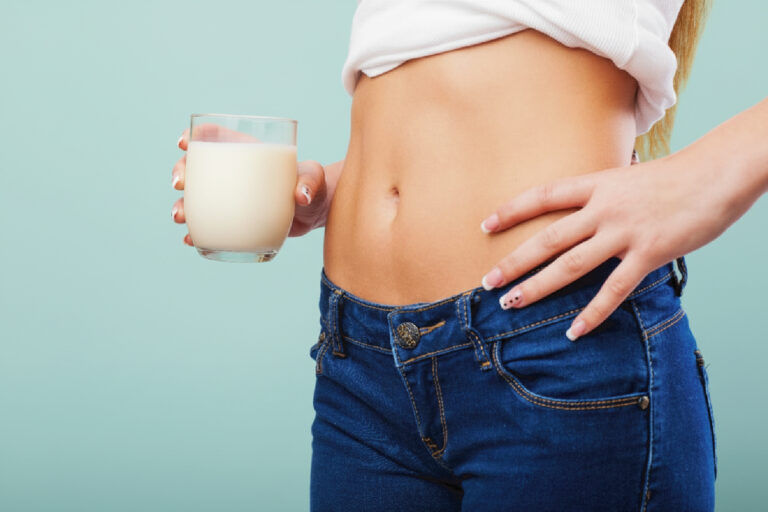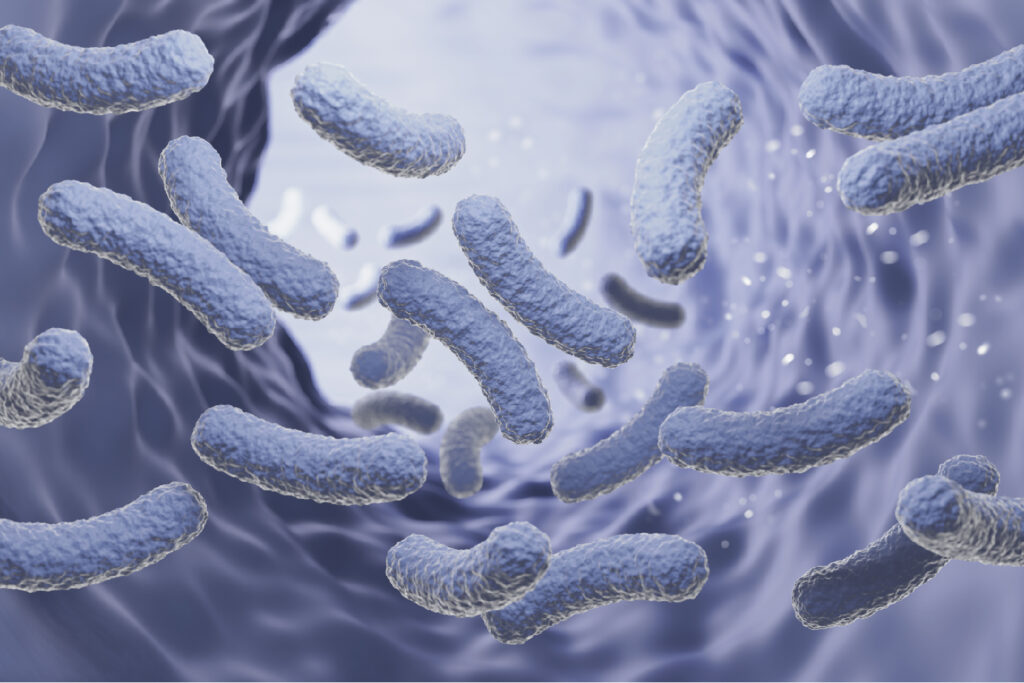Bad Gut Bacteria Found a Way to Stay Hidden Inside the Gut
by Anna Sandhu | Oct 17, 2025
Reviewed by Dr. Arun, M.Pharm., PGDRA, Ph.D.

New research from the community-based Iwaki Health Promotion Project (Japan) suggests that people who consume more dairy may show differences in their gut microbiome composition and in lipid biomarkers, hinting at how dairy foods could interact with gut health and metabolism. The analysis appeared in 2025.
The study, led by researchers including A. Nakano and colleagues, included adult participants from the Iwaki region who took part in annual health check-ups under the Iwaki Health Promotion Project. The team collected dietary information (including dairy consumption), stool or gut-microbiome data, and blood lipid biomarkers (for example, cholesterol-related measures). They then looked for associations between how much dairy individuals consumed, what their gut microbiome looked like, and how their lipid profiles measured up.
In simpler terms, the investigators asked: Does eating more dairy link to a different gut microbial community, and does that tie into markers in the blood that relate to metabolism or heart health?
What the researchers found
The analysis found that higher dairy intake was associated with certain shifts in the gut microbiome among the Japanese adults studied. Though the study is cross-sectional (one point in time), these associations suggest that dairy consumption may be tied to how the gut microbial ecosystem is composed.
Specifically, participants who reported higher consumption of dairy foods tended to show a gut microbiome composition that differed from those who consumed less dairy. The team reported associations between dairy-food consumption and particular genera or families of gut bacteria, and these microbial differences were linked to lipid biomarker levels in the blood.
For example, higher dairy intake corresponded with improved lipid biomarker profiles—though the study does not claim causation, only association. The gut microbes may act as a bridge between what’s eaten (dairy) and how the body processes fats and lipids. The authors suggest that the interplay between diet, gut-microbiota and lipid metabolism is complex and worth further study.
Why this matters

The gut microbiome is increasingly recognized as a key player in digestion, metabolism, immune system function and even cardiovascular risk. If dairy consumption is linked with favorable gut-microbiome patterns and lipid biomarker levels, this points to a potentially important mechanism by which diet influences health—not just through calories or nutrients, but via microbial mediation.
From a consumer-reader perspective, this means that what you eat (in this case dairy) may have effects beyond basic nutrient supply—it might help shape your gut microbes, which in turn may contribute to better lipid metabolism (for example, better cholesterol or triglyceride profiles). While the findings are preliminary, they reinforce that gut health and diet are connected, and that dairy foods might play a role in that link.
Limitation
The authors themselves emphasise several important limitations. First, the study is cross-sectional—it captures data at one point in time rather than following people over years. That means we cannot conclude that dairy consumption causes the changes in gut microbes or lipid biomarkers. It could also be that people with healthier microbiomes or better lipid profiles choose more dairy—or another unmeasured factor drives both.
Second, the study population was drawn from a specific region of Japan (the Iwaki region). Dietary patterns, dairy types, microbiome profiles and genetics may differ in other countries or ethnic groups, so generalising the results must be done cautiously.
Third, while the gut-microbiome data and lipid biomarker data show associations, there were many factors (age, sex, body mass index, lifestyle) that the researchers adjusted for, but residual confounding is always possible in observational studies.
Finally, while the associations are promising, they don’t provide guidance for individuals to change their diet and expect guaranteed results. The authors do not claim dairy will fix lipid profiles or microbiome health—they simply report links that warrant further study.
Take away
In summary: The Iwaki Health Promotion Project analysis led by Nakano et al. finds that higher dairy consumption in Japanese adults is associated with differences in gut microbiome composition and with blood lipid biomarkers. The findings add to a growing body of evidence that diet, gut microbes and metabolic health are interconnected. While this research does not establish cause and effect, it suggests that dairy foods may play a role in shaping gut-microbiota patterns and lipid metabolism in adults.
For readers interested in gut health, digestion or metabolism: keep in mind that your diet, including dairy choices, may influence your gut microbiome, which in turn may affect how your body handles fats and lipids. But as always, focus on balanced eating, varied food-sources, and overall lifestyle rather than any single food being the “answer.”
More information: Association Between Dairy Consumption, Gut Microbiome Composition, and Lipid Biomarkers in Japanese Adults: A Cross-Sectional Analysis from the Iwaki Health Promotion Project. DOI: https://doi.org/10.1016/j.idairyj.2025.106445
